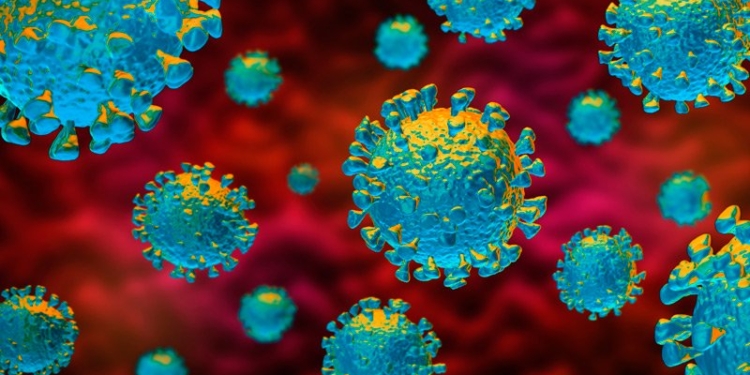Civil society organizations have advised the Lagos State government to outline appropriate regulations and space standards to govern implementation of social and physical distancing following the planned relaxation of lockdown in Lagos, Ogun and FCT.
The groups in a press statement issued on the COVID-19 response so far, noted that following post lockdown in the state, public health measures in shops/markets, schools and other public places should be outlined and communicated to help ensure that there is no spike in the number of infected cases.
Highlighting the need for the gradual easing of the lockdown for the purpose of opening economic and public activities, the groups recommended that technology need to be deployed in market places and businesses need to consider their staff working from home
The statement read in part that, “enhance opportunities for technology enabled commerce to reduce traffic congestion and the need for human congestion in markets. Market and traders’ associations should be assisted in introducing digital (telephone or website) order and delivery systems. Rotational market and bank opening days may be counter-productive as it will result in surges.
“Determine a strategy for resumption of formal businesses on an incremental, time-spaced manner. ‘Working from home’ should also be encouraged as a workable business model, including government offices.
The groups also buttressed the need for the Lagos State to partner with international organizations and researchers on the need to successfully handle post lockdown. We recommend the “Prioritization of public health consideration in all aspects of public life and partnering with relevant international organisations such as World Health Organisation to achieve this.
“Lagos State Government should empanel researchers and policy experts to identify feasible approaches from cities around the world who successfully returned from widespread medical crises – e.g Ebola and HIV crises.
“Local governments should take the lead in community mobilization for public health consciousness by engaging community leaders, traditional and religious institutions, local market and traders’ associations to develop their local protocols for social distancing and activation of public health practices.”
Reacting to the COVID-19 response by the state government, the groups advised that in order to ensure effective and sustainable COVID-19 pandemic response, “direct palliatives be extended to residents of local communities within the state including slums and coastal settlements that may not be captured yet in the official government registers. They are among the most adversely impacted.
“Enhance coordination of social support initiatives and palliative distribution by government, individuals, corporate and charitable organizations. We propose that the Ministry of Youth, Social Development and Office of Civic Engagement, Ministry of Agriculture and Lagos State Urban Renewal Agency (LASURA) should provide information on currently under-served localities and directs non-governmental interventions to such areas in order to enable equitable distribution of palliatives
“Harmonize all existing data (LASSRA, NIMC) in the state in order to ensure that all resident cohorts requiring medical and logistic support are identified and appropriately supported.
“Prioritize community-led approaches in information dissemination and palliative distribution to enhance efficiency and ensure that such materials get to target beneficiaries.”
The groups also noted that the LASG should “Increase communities’ long-term resilience through employment of sanitation and health councilors at local government level (under supervision of Ministry of Health) to provide education and awareness about the realities of infectious diseases like COVID19 and the need for all community members to take responsibility for its containment.”
The CSOs that signed the press statement are; Federation of Informal Workers of Nigeria (FIWON); Nigerian Slum / Informal Settlement Federation (Federation); Centre for Housing and Sustainable Development, University of Lagos; Sankofa Policy Lab; Centre for Children’s Health Education, Orientation and Protection (CEE-HOPE Nigeria); Lagos Urban Development Initiative; Rethink Cities Initiative; POLYBRIQ; Urbanovate Enterprise.

